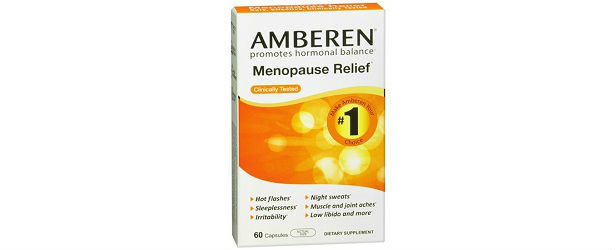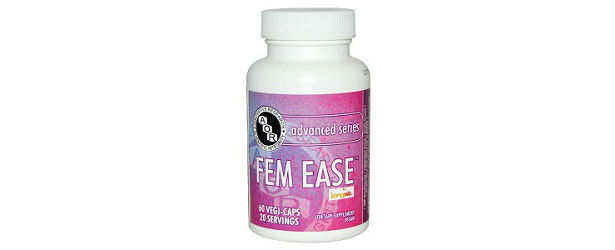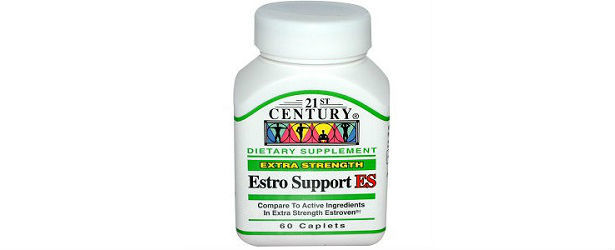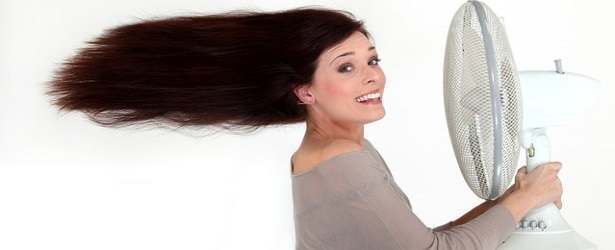
Hot Flashes & What to do about them
Hot flashes are common symptoms of perimenopause and menopause that can hit at any time, day or night. While hot flashes can be highly uncomfortable, they are not at all life-threatening.
What Is A Hot Flash?
A hot flash, also called a hot flush, is a sudden and momentary sensation of heat surging through the body. It may be accompanied by sweating or a red, flushed face. No one is really sure what causes hot flashes, but they may be linked to changes in circulation during menopause. Hot flashes happen when blood vessels on the skin’s surface dilate in order to cool, causing the face to flush and turn red. Some women sweat, which helps their body to cool; or they might get chills or a rapid heart beat. Some experience hot flashes at night. These “night sweats” are particularly uncomfortable, and they can interfere with your ability to sleep.
Every woman experiences hot flashes differently. Some women only get hot flashes for a short period of time during menopause. Others endure them for a much longer period of time. Some women may even continue to suffer through hot flashes for their entire lives. But for most women, hot flashes decrease over time and eventually stop as they age.
Avoiding Hot Flashes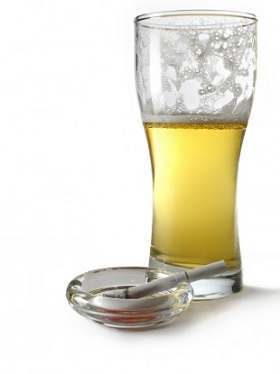
It is unlikely that you’ll be able to completely get rid of hot flashes or night sweats, but there are some things that may trigger hot flashes or make them worse. When possible, try to avoid or cut down on the following things:
- Alcohol
- Caffeine
- Clothing that is too tight
- Stress
- Cigarette smoke
- Hot weather
- Spicy foods
Any of these may induce a hot flash or can make hot flashes worse. Avoid as many of these things as you can while undergoing menopause to reduce the frequency and severity of the hot flashes.
Ways to Reduce the Severity of Hot Flashes
Some of the following tips aim to, at the very least, trying to keep hot flashes from becoming too uncomfortable and intense:
- Stay cool – Keep the temperature in your home cool, particularly at night: keep a fan in the bedroom to help you stay cool while you sleep.
- Exercise – Get plenty of exercise to help get your blood flowing; swim, jog, walk,
or ride a bike. - Cooling pillows – These pillows help lower your temperature while you sleep.
TOP 5
MENOPAUSETreatments |
|||||
| MenoClear | Menozac | Avlimil | Promensil | Balance Point | |
|---|---|---|---|---|---|
| 1 | 2 | 3 | 4 | 5 | |
| Price (1 bottle) Price (6 bottles) Best Value |
$49.95 $135.70 |
$49.95 $299.95 |
$29.95 $149.00 |
$35.95 $215.70 |
$39.95 $239.70 |
| Overall Rating | 99.60% | 88.20% | 80.90% | 77.80% | 69.10% |
| Effectiveness |





|





|





|





|





|
| Speed of Results | Extremely Fast | Good | Average | Average | Slow |
| Quality of Ingredients | Premium | Good | Good | Average | Average |
| Customer Satisfaction Evaluation | 99.00% | 86% | 80% | 75% | 66% |
| Safety Evaluation | Safe for Use | Safe for Use | Safe for Use | Safe for Use | Safe for Use |
| Customer Service Rating |





|





|





|





|





|
| Reorder Rate | Highest | Good | Good | Average | Average |
| Return Policy | Risk Free | Unused + Restocking Fee | Risk Free | No | Risk Free |
| Success Rate | 99% | 85.20% | 78% | 74% | 67% |

 Subscribe Now
Subscribe Now









